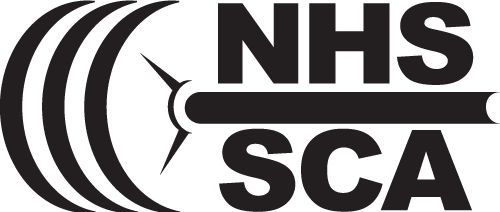Doug Bull has served as a strength and conditioning coach and athletic administrator for the past 30 years. After four years working in the college market, he served as the strength and conditioning coach at four high schools in Texas: Edna ISD (2000-2002), Dalhart ISD (2004-2005), Ball High School (2005-2006), and Deer Park ISD (2006-20019). Doug became Assistant Athletic Director at Corpus Christi ISD in August 2019, and in February 2023 was named Director of Athletics for the Medina Valley Independent School District.
From 1993 to 2000, Bull served as a strength and conditioning at four colleges (Northern State, Fort Hays State, Illinois State, and The United States Naval Academy). He left the college coaching ranks to come to Texas where he would have opportunity to help a greater number of young people reach their athletic goals.
What do you enjoy most about being a strength and conditioning coach?
I enjoy the process—the journey of taking athletes who are unfamiliar with the benefits of the weight room or lack efficiency in their movements (running, jumping, stopping, etc.) and transforming them into more functional athletes. Watching their satisfaction as they achieve things they never thought possible is incredibly rewarding.
Please describe your training philosophy.
My philosophy is ground-based and dynamic, with a focus on proper movement patterns. I build on that foundation, starting with progressions and advancing the athlete as they’re ready. This applies to almost every movement we train—squats, cleans, snatches, change of direction, landings, and jumps.
With your philosophy, you didn’t train male and female athletes differently—but you trained sports differently. Can you briefly explain this?
Male and female athletes use the same muscles to run, jump, and throw, so their training should reflect that. However, with female athletes, we focus more on hamstring and VMO movements to address ACL injury prevention. The biggest difference comes in training sports. For instance, basketball has an overhead component that softball doesn’t, and football has a hypertrophy requirement that wrestling doesn’t. Training is tailored to the demands of each sport.
You have a background and understanding of the recovery side of being a strength coach. How has that experience shaped your career and philosophies?
In the early 90s, I was working towards becoming a physical therapist. My own injuries and rehabilitation experiences made me pay attention to the root causes of injuries and how we can prevent them. This reinforced the importance of teaching proper technique and recognizing how outside factors like diet, rest, and stress impact athletic performance.
What do you consider your greatest accomplishments as a strength coach?
I’m most proud of contributing to the growth of the profession. As one of the first full-time strength coaches at a public high school in my state, I had the opportunity to help expand the field by hosting clinics, arranging speaking opportunities for high school strength coaches, and creating a model that has been replicated across the state and country to create new jobs.



